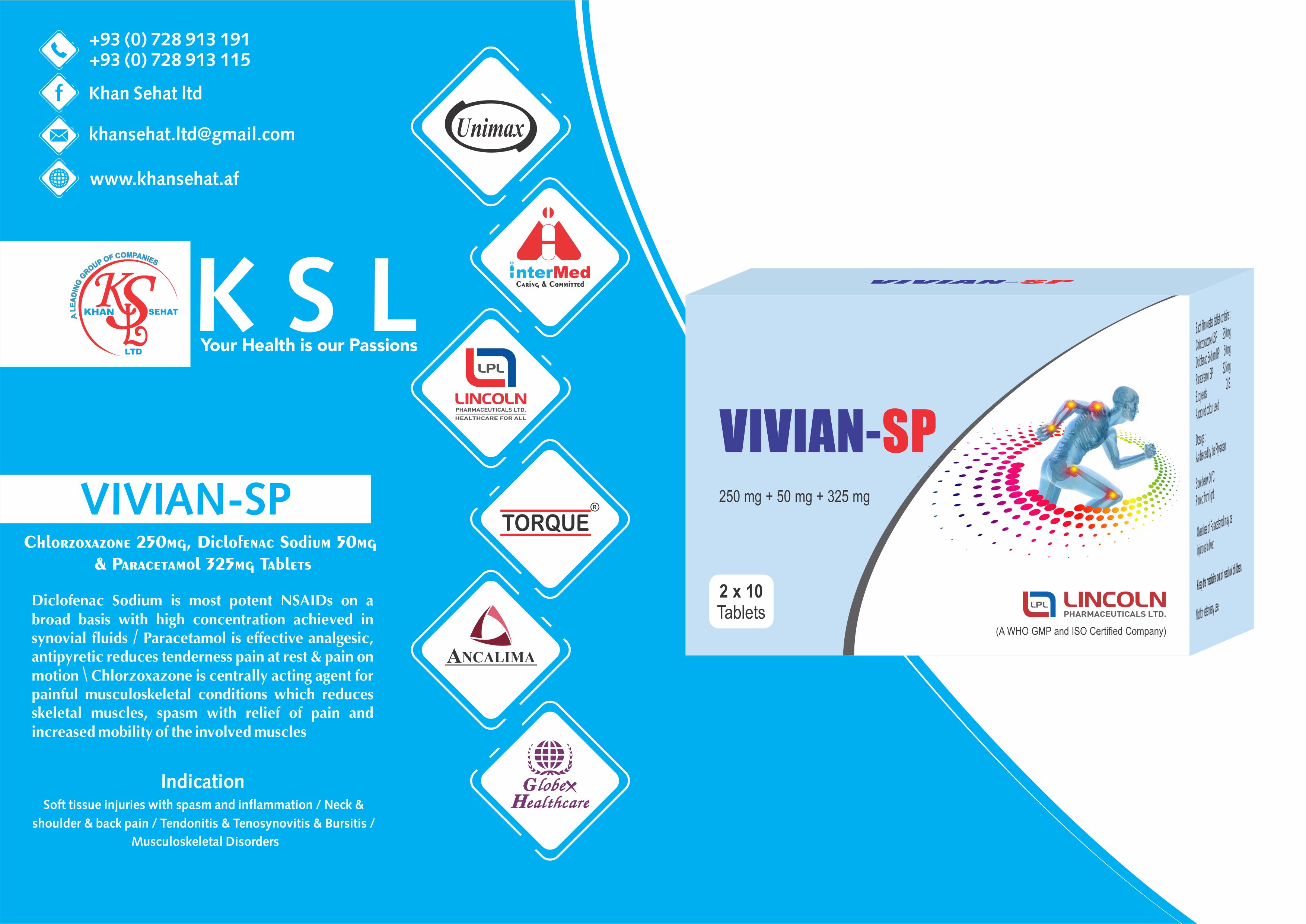Vivian SP

What are NSAIDs?
Inflammation is
the immune system's response to infection and injury. Heat, redness, swelling,
and pain are noticeable signs of inflammation.
The body receives pain signals from nerve
receptors when inflammation occurs. These signals result from complex responses
and interactions between cells and chemicals in the body.
Anti-inflammatory drugs reduce pain partly by
reducing inflammation. People can use these drugs to relieve symptoms of pain,
stiffness, swelling, and fever.
The painkilling action of NSAIDs reduces the
direct effect of inflammation on pain-nerve stimulation and sensitivity, but
also the indirect effect of inflammatory heat and swelling.
Examples of NSAIDs
OTC NSAIDs include:
· Ibuprofen
· Aspirin
· Naproxen Sodium
Prescription NSAIDs include:
· Oxaprozin
· Etodolac
· Indomethacin
· Naproxen
· Nabumetone
· Diclofenac
· Vimovo (Naproxen/Esomeprazole)
Function
NSAIDs are a broad group of drugs from a
number of different classes. Although their chemical structures are different,
they have the following effects in common:
· they reduce high temperature and fever
· they reduce inflammation
· they reduce pain
NSAIDs work by slowing the formation of
compounds known as prostaglandins. Prostaglandins play an important role in the
body's inflammatory response. Reducing the amount of prostaglandins that are
produced by tissue damage reduces inflammation.
NSAIDs block an enzyme called cyclooxygenase,
also known as COX. The COX enzyme helps the reactions that produce
prostaglandins.
Blocking COX also interferes with platelets -
cells in the blood involved in clotting. This is why NSAIDs have anti-clotting
properties.
In the case of aspirin, this property helps
prevent the blocked arteries that can cause heart
attacksor stroke.
What are NSAIDs used to treat?
NSAIDs are used for three broad symptom types
that occur in a range of conditions:
· high temperature or fever
· inflammation
· pain
NSAIDs are used to ease pain in a number of
conditions, including:
· backache - particularly long-term pain in the
lower back
· cold or flu
· joint or bone injuries, sprains, and strains
· muscle or joint complaints
· toothache
In low doses, aspirin is used to help prevent
artery disease that can lead to heart attack or stroke. It may also be used to
reduce the risk of some types of colorectal
cancer.
Headache and lower back
pain are two of the more common reasons for using NSAIDs. If
these problems become long-term issues, patients should consider the safety of
using NSAIDs.
Using NSAIDs for cold and flu
For more than 100 years, NSAIDs have been
taken to treat symptoms of the common cold.
However, these drugs do not kill the virus or
improve the course of the illness. NSAIDs simply relieve some of the symptoms,
including fever and pain.
A systematic review of the best available
evidence for treating a common cold with NSAIDs shows that they produce
significant results against headache, ear pain, and muscle and joint pain.
Precautions for using NSAIDs
How the body responds to NSAIDs varies from
person-to-person, and some people will experience side effects.
High doses and long-term use make some side
effects more likely.
Here are some general points regarding the
precautions of NSAIDs:
· Alcohol does not have an interaction with
these particular painkillers, although drinking excessive amounts while using
NSAIDs can irritate the gut and increase the risk of internal stomach bleeding.
· People using other medications should let
their pharmacist or doctor know.
· Taking more than one kind of NSAID can also
have adverse effects.
· Patients should always follow the label for
the particular NSAID they are using because every NSAID is different.
· Individuals should not take NSAIDs at the same
time as anti-clotting drugs, such as aspirin or warfarin.
· Children under 16 years of age and people over
65 may need to avoid taking NSAIDS.
Other people who may need to avoid these drugs
or take them with medical guidance:
· people who are allergic to NSAIDs
· asthma - this can be worsened by NSAIDs
in some cases
·







